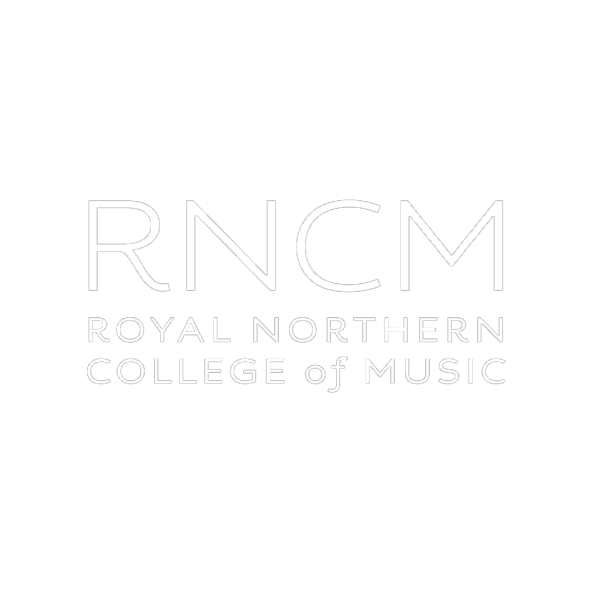I started as Chaplaincy Assistant & Engagement Officer at St Peter’s House in September 2021. A fresh-faced Drama graduate, I began my work here in the wake of the pandemic – Milk & Honey had not yet re-opened following the lockdowns, and walking in on my first day, at first glance this place had none of the life I remembered from my days as a student.
My first ‘proper’ job, I was always expecting my time at St Peter’s House to be a steep learning curve. And it has been – navigating pensions and P45’s, learning how to build a new chapter of my life around a full-time working week and learning how to work in both a café and an office for the first time. The steeper learning curve, however, was in unlearning what I thought I knew about chaplaincy and letting St Peter’s House teach me what it really means to be part of a loving and living community on campus. This place has been a wonderful teacher and this is some of what I have learnt:
I have learnt that chaplaincy isn’t just for people of faith. I used to think Chaplaincies, like Churches, were spaces for religious people to talk about religious things. But they aren’t. Chaplaincies are about creating space for the whole cross-section of the communities in which they’re situated. For the curious, the questioning, the lost and the searching. When I started at The University of Manchester, as someone who has spent my whole life in church communities and religious spaces, walking into St Peter’s House for the first time required very little of me. I am used to finding welcome in those spaces. But I know this isn’t the case for lots of people and for many, religious spaces are foreign and strange, or represent hostile attitudes and teaching.
The people who found us at St Peter’s House came to us not only with religious problems or religious experiences, but human ones. They came to us with joy and laughter, loneliness and hunger, hurt and confusion and anger. The desire for connection and community isn’t a religious thing, it’s a human thing. That’s what chaplaincy is about – building connection and community with love at the front and centre. A Divine love modelled on that shown by Jesus, unfailing and unfaltering, and a community with so much to share that it projects outwards, spilling out onto Oxford Road and beyond so that people of all faiths and none might see it, hear it, feel it, and find in us a reason to enter in and a safe space to simply be.
I have learnt that meaningful chaplaincy is responsive, not prescriptive. In the same way that listening is not waiting for your turn to speak – chaplaincy is not about seeking opportunities to serve our own agenda. It is about serving people, in all their diversity and all of their needs, and putting community at the centre of what we do. I’ve learned that to be meaningful and authentic, chaplaincy must be collaborative – the most valuable thing we can do is make the space, ask the questions and listen to what our community has to say. Letting what we hear shape our work and tending to the beautiful things that grow. This is what work like The Well has embodied. A response to the need of our community.
My Mum spent a couple of years as a Chaplain for Methodist Homes for the Aged – specialist care homes and supported retirement living. She used to say that she thought that chaplaincy was mainly just having a cup of tea and a chat. As I get older, I realise my Mother was right about many things – and in a way, this is one of them. At the risk of turning this into an English Literature essay of my A-Level days gone by – it’s not about the tea but what it represents. Chaplaincy is about freely making and freely offering space and time, without agenda or prerequisite, and saying ‘Come. Take a moment. You are welcome here.’ I have learnt that chaplaincy is about being there in the midst of it all, like a café on Oxford Road, proclaiming ‘You Are Loved’ with open hands and full hearts.
This idea of ‘being there’ goes by another name, and in sociological circles you could call this ‘Relational Presence’. Kristin Aune – Professor of Sociology of Religion at Coventry University – writes that it’s about something more than simply being there by happenstance, it’s about intentionally ‘being and relating across the human and the sacred; it involves embodying, recognising, or connecting the sacred with the often seemingly secular university.’
The Quakers talk of ‘that of God in everyone’ – the idea that at the core of every person, there is inherent Goodness. Chaplaincy here at St Peter’s House has taken many forms, but at its simplest, it has always been about believing in that Goodness. Our work has been a practice in seeing God in everyone, underpinned by the belief that everything is connected in this great Divine dance of life.
What I shall hold onto as this building closes its doors, and my time as a Chaplaincy Assistant comes to an end, is how much of God I have seen at work in this place and this vision. How much of God was in every collection day conversation at The Well, in every volunteer and their gift of time and energy, in every suspended coffee, every coming together of people, every queer yoga session, every time somebody found in us a safe space…I have seen God bursting out the seams.
This is God at work in community. And for me, this is what Chaplaincy looks like.
Words by Mary Sharples








